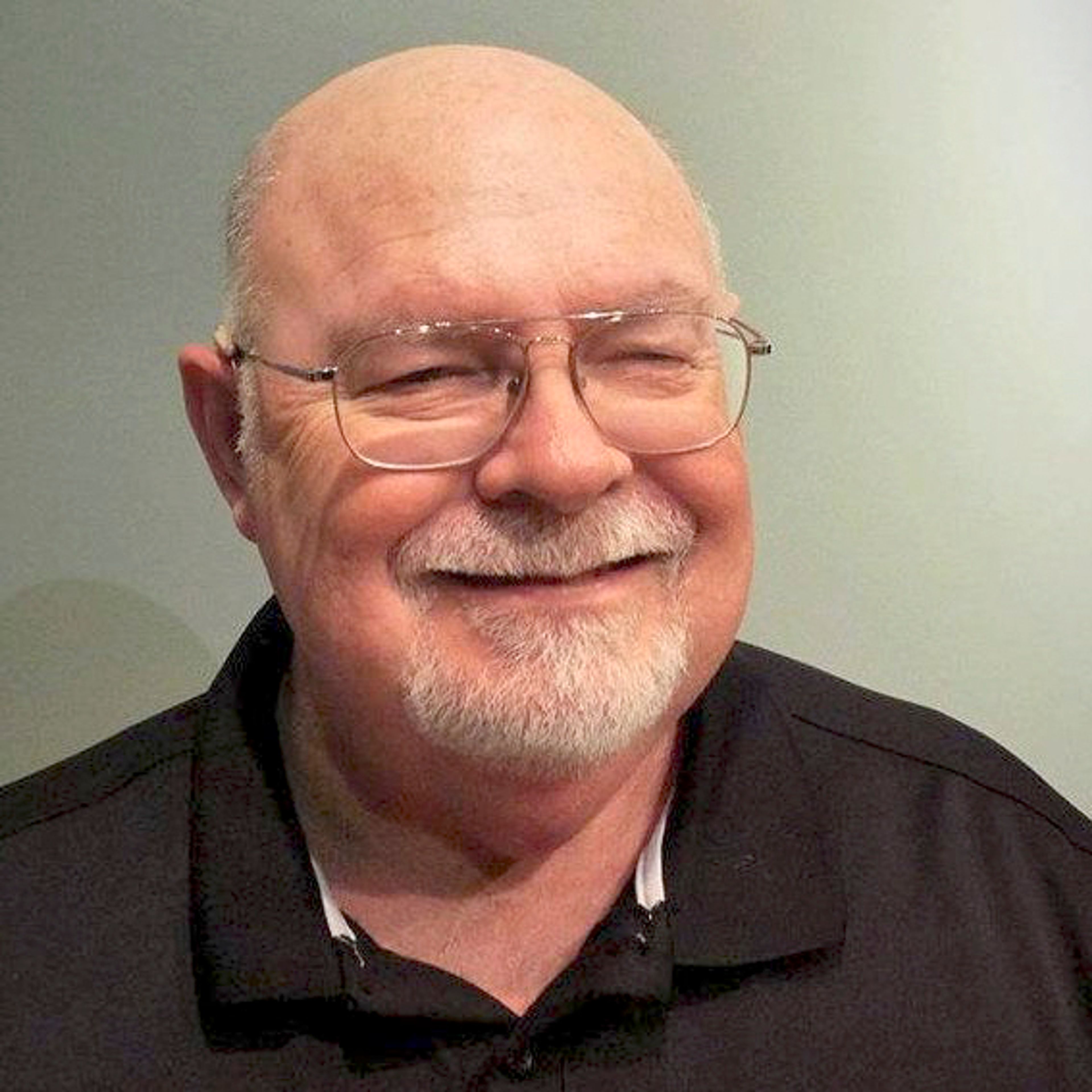Friday, a panel of Idaho legislators seemed to have finally grasped the concept that the right to a fair trial - guaranteed by the Sixth and 14th Amendments to the U.S. Constitution - is a state obligation.
In other words, the state cannot rely solely on tapped-out county budgets to continue bearing the entire burden of providing an adequate legal defense to people who are charged with a crime.
If you want to fix the problem, members of the public Defense Reform Interim Committee suggested, you're going to have to accept an arrangement that sets the bar on what a criminal defendant has the right to expect from a public defender, a commission to enforce those standards and the money necessary to see that those goals can be met.
Idaho can't just "chip away" at the problem, said Sen. Todd Lakey, R-Nampa, a co-chairman of the interim panel. "We need to start and get something moving for consideration as far as the big picture."
Good for him.
But it's only one step and it's coming rather late.
In 2007, Idaho formed a Criminal Justice Commission, which asked the National Legal Aid and Defender Association to review Idaho's public defender system.
Two years later, the NLADA documented a system where public defenders were underpaid, inexperienced and overworked. After looking at Nez Perce and six other counties, it concluded: "... the state of Idaho fails to provide a level of representation required by our Constitution for those who cannot afford counsel in its criminal and juvenile courts."
Still, the statewide funding crunch did not disappear. Instead came the public defense subcommittee of the Criminal Justice Commission.
It was assigned with devising benchmarks for proficiency and training. But a frustrated member of that panel, Idaho Court of Appeals Judge Molly Huskey, last month said she was finished wasting her time.
"We're putting on the training. We're promulgating rules and we've made the recommendations for contracts," Huskey told lawmakers. " ... They can use all that paper to start a bonfire for all the value our opinions have."
Next appeared the Legislature's interim panel.
And in January, Gov. C.L. "Butch" Otter urged lawmakers to move: " If we value the ideals embodied in the Fourth, Fifth, Sixth and Eighth amendments to the U.S. Constitution, then it is undeniably our responsibility to take the phrase 'due process of law' as seriously as the Framers intended."
To someone at the American Civil Liberties Union, this has to look like a game of forming one panel after one commission after one committee after another. You hear lots of promises. You see plenty of goodwill gestures. But you don't get many results.
After waiting five years for the promises and goodwill gestures to bear fruit, the ACLU last June took the state to court. ACLU lawyers have won similar cases in New York, Washington and Michigan. At some point, when the ACLU lawsuit winds through the Idaho courts, the outcome would seem clear enough.
All of which leads to this unavoidable outcome: Idaho lawmakers can either arrive at a solution - and the money necessary to implement it - or they can wait for a judge to insist.
They've dragged this out for nearly a decade, however. Lawmakers better not wait too long. - M.T.








